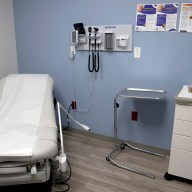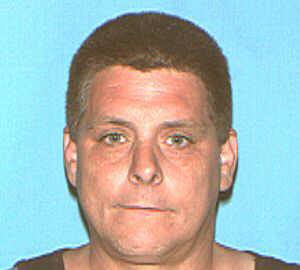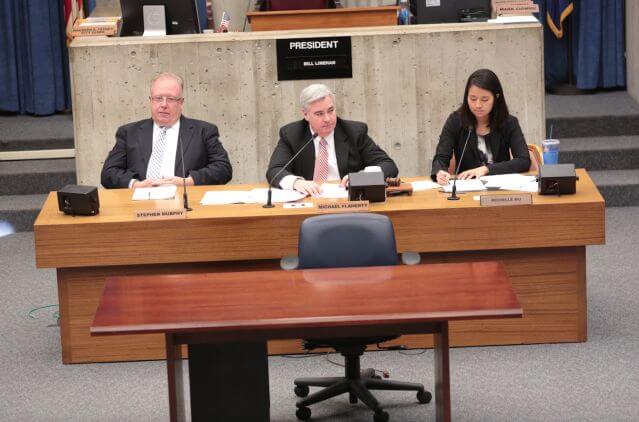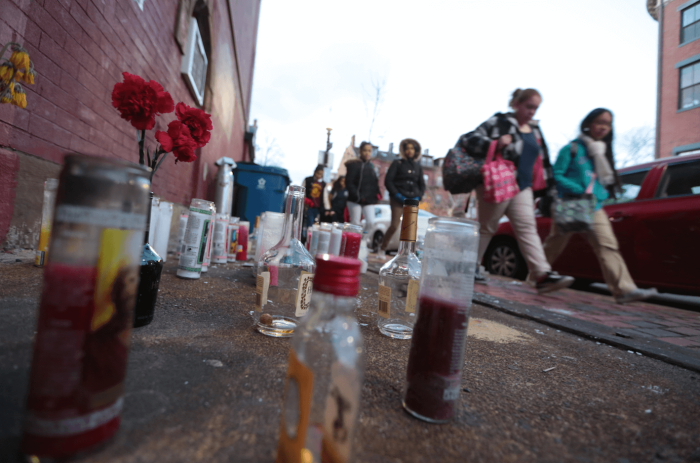In the parking lot of a newly renovated homeless men’s shelter, Luis Rosario stood next to Mayor Marty Walsh and told a crowd that he was once a “broken bum” before becoming one of the first 100 men to move into the Southampton Street shelter. “I’m not a bum today,” Rosario, 45, said. “The shelter helped me find recovery and work. They never once looked down on me. I went from standing on the corners begging for change to graduating from Wentworth’s welding program.” Eight months after the Long Island Bridge came down, shutting down the city’s largest shelter, Mayor Walsh and other officials celebrated the opening of the new shelter space in a renovated transportation building in the South End. “This project is a testament to what can be established when we work together to tackle our City’s biggest challenges,” said Mayor Walsh. “This is not just a shelter,but a front door to counseling, support and permanent housing.” In January, 112 Southampton Street offered 100 beds. It added 50 beds in April and blossomed into the facility that opened on Thursday, offering 400 emergency beds for homeless men. Walsh said that the Woods-Mullen Shelter on Mass. Ave. would become an all women’s shelter in the near future. The facility has a separate space for those who do not identify with a specific gender, including 66 beds and gender-neutral bathrooms and showers.
“Individuals can choose which facility they want to go to,” Interim Executive Director and Medical Director Dr. Huy Nguyen said. “We are aware that some of our guests do have those kinds of concerns.” Task force enacts action plan to end veteran and chronic homelessness
Mayor Walsh’s Task Force on Individual Homelessness aims to end veteran homelessness this year and chronic homelessness by 2018.
Boston has one of the lowest rates of urban homelessness in the U.S., but the number of people in need is growing. The Task Force estimates that $60.9 million resources are available for the next three years, and they’ll need $12.7 million more, which they’ll secure through public and private partners. The program’s front door triage system focuses on aiding unaccompanied minors and untreated substance abusers and increases street outreach programs. Their centralized data program will monitor individuals and line up rapid rehousing and employment access. Since 2013, the Task Force has helped house 191 long-term guests, 391 rapidly housed individuals, 67 highly vulnerable individuals and 640 homeless veterans. In 2014, 414 homeless veterans sought shelter in Boston. As of this year, 80 remain homeless, five on the streets, 18 in shelters and 57 in transitional housing programs. “Even when we get that number down to zero, we will always have to look out for new veterans returning who need the help,” Walsh said.
Life after Long Island
Eddie R. aimlessly wandered the streets of Boston with just a backpack for two days after the Long Island Shelter closed. He used to own his own business, live on his own, but lost everything when he went to jail. “When I got out, I went to live with a friend and that didn’t go so well,” he said. “I started using drugs and alcohol again. I came here to the shelter. It was smaller then; I enrolled in the treatment program. Without this place, I don’t know where I would be right now. This place saved me.”


















